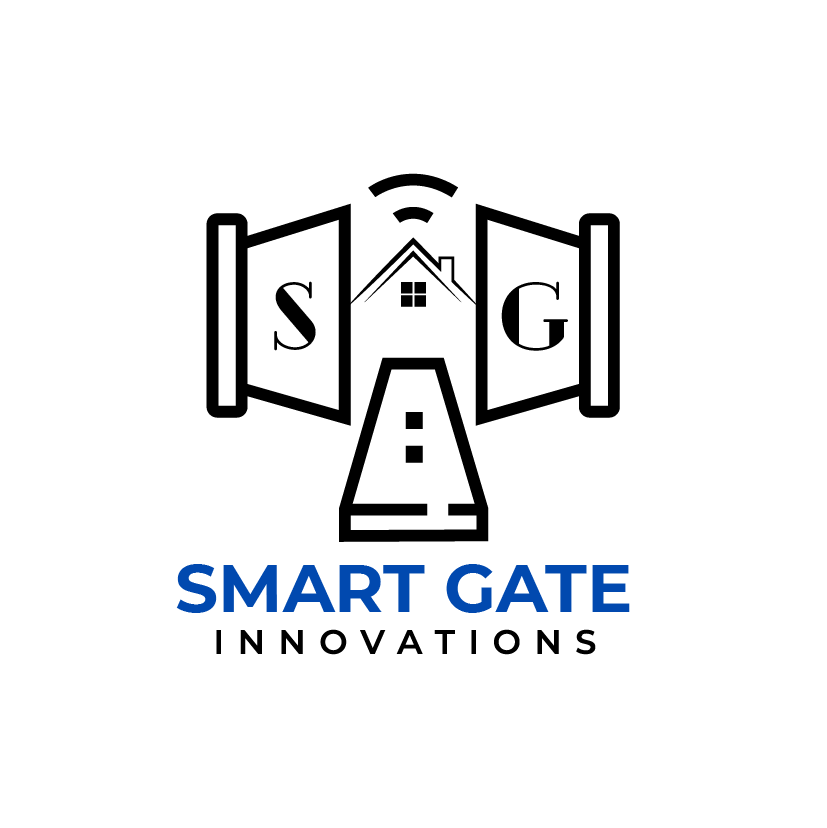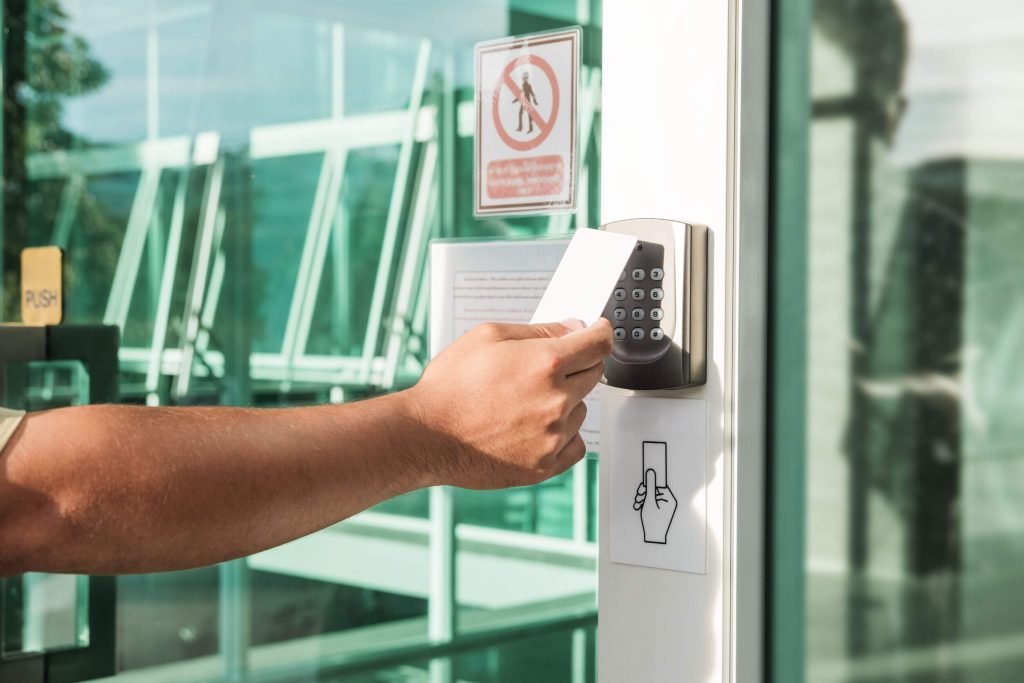In today’s fast-paced world of technology, security forms an integral part. Whether it is a residential space, corporate offices, or even public areas, ascertaining the safety of a premise and the control of who is going in and coming out becomes very important. Presently, there are more advanced remedies to manage and monitor entry points in the form of Access Control Systems (ACS), which grant authorized access only. We’re going to talk about what Access Control Systems are, how they work, and the benefits they give businesses and homeowners, mainly focusing on a dynamic city like Dubai.
What are Access Control Systems?
Access Control Systems are technologies designed to be used to deny and limit access to certain spaces or resources. The entry can be operated through electronic or physical means, through the usage of devices such as electronic doors or gates, elevators, and secure rooms. These have replaced the old mechanisms that took the forms of locks and keys, therefore affording a more secure and flexible method of controlling who enters or leaves the premises.
In Dubai, where the foundation of the city’s infrastructure hinges on innovation and advanced technology, Access Control Systems are nowadays an integral part of many industries, like real estate, corporate offices, educational institutions, and even private residences.
Types of Access Control Systems
Access Control Systems can be classified into several types based on how sophisticated they are and how their access is accessed.
- Discretionary Access Control (DAC): On the other hand, the DAC system makes it possible for the owner of the system or premises to allow or deny access according to one’s wish. In the DAC system, users can share their access with others, and the permissions go more flexible. Even though this system offers more freedom, there remains a higher security risk because control is not centralized.
- Mandatory Access Control (MAC): MAC system that enforces strict, predefined rules that define which users may be allowed access to certain areas or resources. Such systems are implemented only by administrators; therefore, this system is best suited for maximum-security environments, like government buildings or military facilities.
- Role-Based Access Control (RBAC): In role-based access control, permission is granted based on the role played by a person in an institution. For example, managers might be allowed access to regions that other general staff members are denied access to. This system denies access to areas of work individuals are not obligated to perform, which tends to close security gaps in the corporate world.
How Does Access Control Systems Work?
Some of the very simple working elements of an Access Control System contain several linked parts that work together for proper functionality. Generally, here is how they work:
- Authentication: This is regarded as being the first step in any Access Control System, whereby one should verify the identity of the person attempting to enter. Authentication can be done by one of a few options, such as:
• Keycards or fobs: Users are provided with cards or fobs embedded with a unique identifier that the system reads to let them in.
• PIN codes: Each user will have to enter a unique PIN code for the use of door or gate on the keypad.
• Biometrics: More advanced systems use fingerprint readers, facial recognition or retinal scans to securely authenticate users.
• Mobile access: In newer systems, people can even use smartphones with applications that have permissions to unlock the door by tapping their phone or perhaps using Bluetooth. - Authorization: After authenticating the user, it authorizes whether he has permission to enter a protected area or not. These are known as authorization steps. The various users are authenticated and given different access levels so that only pertinent people can be granted access to restricted areas.
- Access Granted/Denied: Once authenticated and authorized, it grants the access or denies. The access is granted when the signal opens the door or gate, etc., but if he is not authorized, then the access is denied, and his attempt to breach can trigger an alarm signaling it to be an unauthorized attempt.
- Monitoring and Reporting: In addition to merely enabling instant access management, the contemporary access control system can track entry and exit because someone might require those records later. Tracking is of significance for auditing purposes so that an organization can trace who accessed sensitive areas at any one point in time. A good number of access control systems come equipped with real-time alerts that make security teams respond swiftly when breaches occur.
Benefits of Access Control Systems in Dubai
Access Control Systems offer numerous benefits that make them more suitable to business and homes in Dubai:
- Enhanced Security: The security level with Access Control is much stronger than the lock-and-key. This is due to the fact that, unlike the latter which can be lost, stolen, or duplicated, access control systems utilize digital credentials or even biometric data that are much harder to replicate. This is the reason why access control systems can function very well in Dubai-given the variety of high-value properties and assets.
- Convenience and Flexibility: The ease of the Access Control Systems is that users can administer a massive number of access points through one central platform. To a business organization in Dubai, this means that the facility manager can easily modify access permissions, give temporary access to visitors, or withdraw access remotely.
- Scalability: When you are secure from a small office to a large corporate building, the Access Control Systems are highly scalable. Dubai companies can begin with basic access control measures and continue to expand them as needed. They can add more doors or areas without having to overhaul the whole system.
- Compliance with Regulations: Some very strict businesses, such as finance, healthcare, and even government, require some heavy security standards. Access Control Systems help businesses in Dubai meet their regulatory compliance standards through making detailed audit trails and reports of access. Therefore, only those employees would be granted the access to information who have rights and legitimate authority to do so.
- Integration with Other Security Systems: Easy integration with other security solutions Access Control Systems can easily integrate with other security solutions like CCTV cameras, alarm systems, and visitor management systems. This provides a comprehensive security setup that protects businesses from both internal and external threats.
Why choose Smart Gate Innovations Dubai?
Your needs are properly taken care of at Smart Gate Innovations Dubai as we specialize in all line works which include Access Control Systems designed specifically for your business or residence. From a simple keycard office access to the most complex biometric solution for a high-security facility, you will be served with leading-edge technology and the highest-quality service.
Our team is attuned to specific needs in the Dubai market and can propose solutions that are locally compliant and provide maximum security and convenience. Contact us today to see how we can be of service to ensure the safety of your property with today’s best in class Access Control Systems.
Access control systems in Dubai are key to providing security enhancements, streamlined operations, and industry regulatory compliance for both businesses and owners of property. Whether to protect a small office or a large industrial facility, these systems have immense implications in responding to modern security challenges.


